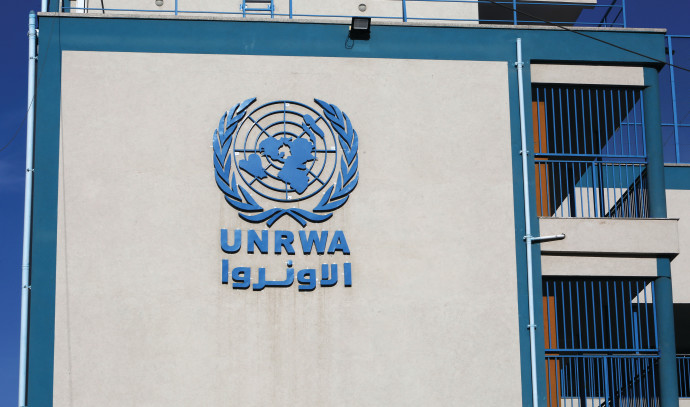- Tue. Apr 23rd, 2024
Latest Post
UNRWA denies accusations of aiding Hamas made by Israel, claims UN.
The UN agency UNRWA provides education, health, and aid to millions of Palestinians in Gaza, the West Bank, Jordan, Lebanon, and Syria, according to the UN. The agency shares staff…
An Interview with Nobel Prize Winner Michel Mayor
Join us as we speak to the Nobel Prize-winning astronomer Michel Mayor about the intersection of technology and scientific discovery, the art of making science accessible to all, and the…
Writing down and tearing up anger is helpful
In Japanese anger management, there is a practice reminiscent of the Hakidashisara festival, where people are allowed to smash small discs when they are emotional. It has been tested at…
EU Warns of Potential Ban on TikTok’s New Feature Due to Suspicions of Being “Harmful and Addictive”
The European Commission has given Tiktok a deadline of 24 hours to respond to demands made regarding the investigation into the Tiktok Lite application. The investigation concerns the app’s rewards…
The Australian Prime Minister trekked 15 km to visit World War II battlefields.
Australian Prime Minister Anthony Albanese visited the village of Kokoda in Papua New Guinea on April 23 to participate in traditional welcoming ceremonies with local residents. He was joined by…
Science on State Street: Saturday, April 27th from 12-3PM
Science on State Street is a yearly event hosted by Framingham State University in collaboration with the Christa McAuliffe Center and the MetroWest STEM Education Network. The festival, taking place…
Allergy to orgasm: A rare phenomenon discovered by experts
In the medical literature, a condition known as POIS (post-orgasmic morbidity syndrome) has been described in only sixty cases. However, estimates suggest that it may be a much wider phenomenon…
Accused of “criminal association”: Donald Trump faces historic trial
The prosecution made it clear on the first day of the trial against Donald Trump that this is not simply a sexual scandal, but rather a case of attempting to…
Scottish Systal Technology establishes US headquarters in Tampa, Florida
Systal Technology Solutions, a cloud provider based in Glasgow, is expanding its operations by opening a new centre in Tampa, Florida. This new centre will be the base for new…
Map Interactive Displaying Areas at Risk of Extreme Heat Impacting Health
The Biden administration has launched an online tool called HeatRisk to help keep people safe from extreme heat in the lower 48 states. This interactive map can be found on…




